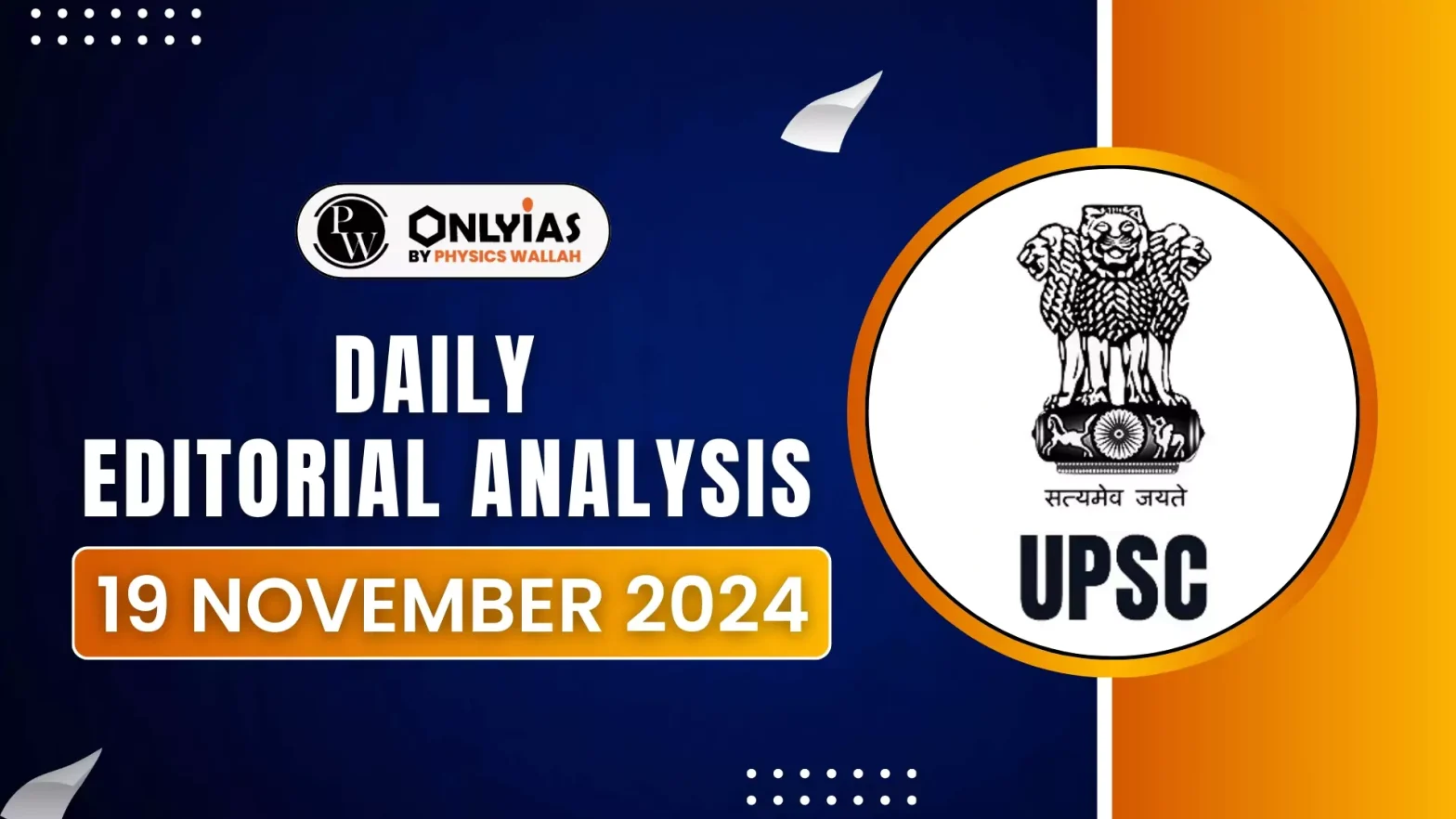The suspension of two IAS officers in Kerala, N. Prashant and K. Gopalakrishnan, has re-drawn the attention to issues of discipline, ethics, and the use of social media among civil servants.
Recent Cases of Suspension of IAS officers
1. Case of N. Prashant
- Allegation: Made derogatory statements on social media against A. Jayathilak, Additional Chief Secretary, amounting to grave indiscipline.
- The allegations were seen as undermining the public image of the State’s administrative machinery and were deemed “unbecoming of an officer” as per the Indian Administrative Service (IAS) code of conduct.
- Response by N. Prashant: He claimed that A. Jayathilak organised baseless news reports against him and refuted the allegations.
Enroll now for UPSC Online Course
2. Case of K. Gopalakrishnan
- Allegation: He was accused of creating a religion-based WhatsApp group titled ‘Mallu Hindu Officers,’ fostering disunity and communal formations within the IAS cadre.
- Response by K. Gopalakrishnan: He claimed that his mobile phone was hacked and the group was created without his knowledge.
- He also performed a factory reset on the phone before handing it over to the police.
- However, in the police inquiry, no evidence of hacking was found. The factory reset of the phone raised doubts about the claim of hacking.
Current Rules and Regulations for IAS officer
Currently, All-India Services (Conduct) Rules, 1968 (AIS Rules) set the ethical and behavioural framework for IAS officers, focusing on:
- Ethical Standards:
- High standards of ethics, integrity, and honesty.
- Upholding constitutional values.
- Political Neutrality: Officers must maintain impartiality and accountability.
- Public Media Conduct:
- Officers can engage in public media for official duties.
- Cannot criticise government policies publicly without prior sanction.
- Must refrain from behaviour deemed “unbecoming of a member of the service.”
- Judicial or Media Recourse: Officers need government sanction to approach courts or the press regarding official acts under criticism.
Challenges Associated with Current Rules
- Ambiguity in Guidelines: Existing rules lack clear provisions regarding communication and behaviour on social media.
- The term “unbecoming of a member of the service” remains vague and open to subjective interpretation.
- Inconsistent Enforcement: The rules are often enforced unevenly, with junior officers more likely to face disciplinary action.
- Senior officers or the government may misuse these rules to target specific individuals.
- Potential for Misuse: The lack of specific definitions or criteria allows room for arbitrary action against officers.
- Broad provisions like the “omnibus rule” can be applied selectively to suppress dissent or personal grievances.
- Lack of Protective Mechanisms: No robust safeguards exist to protect officers from unwarranted or politically motivated disciplinary actions.
- Changing Dynamics: The evolving role of social media requires modernised guidelines to balance transparency and anonymity for civil servants.
Check Out UPSC CSE Books From PW Store
Reforms and Recommendations
- Social Media Guidelines:
- Create specific rules defining acceptable use of social media.
- Outline permissible content and protocols for addressing defamatory campaigns related to official work.
- Clarifying “Unbecoming Conduct”: Provide an illustrative list of actions or behaviours categorised as “unbecoming” to minimise misuse.
- Promoting Responsible Anonymity: Train officers on the significance of maintaining anonymity while communicating or promoting governmental initiatives.
- Empowering Junior Officers: Develop mechanisms to protect junior officers from arbitrary actions by senior officials.
Conclusion
The suspensions of N. Prashant and K. Gopalakrishnan emphasises the need for clearer, updated guidelines on officer conduct, particularly concerning social media use. While discipline and integrity are paramount, ensuring fair and consistent application of rules will help maintain the public trust in administrative systems.
![]() 19 Nov 2024
19 Nov 2024
